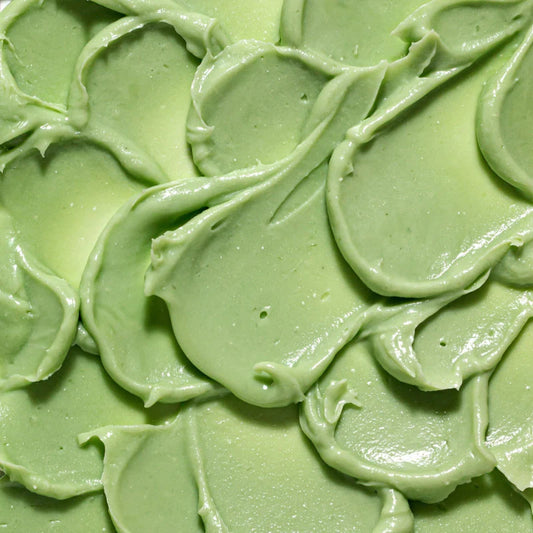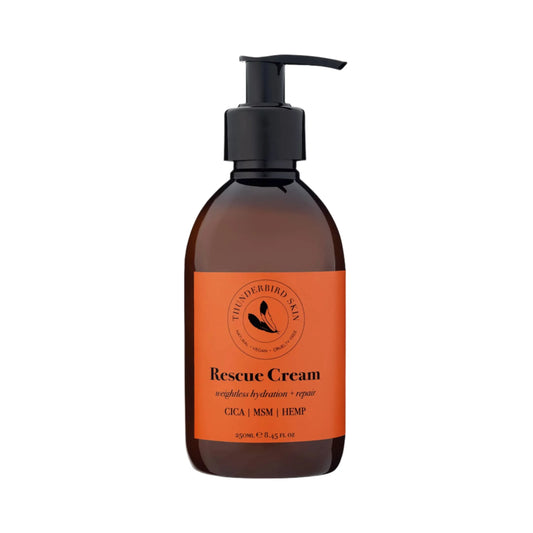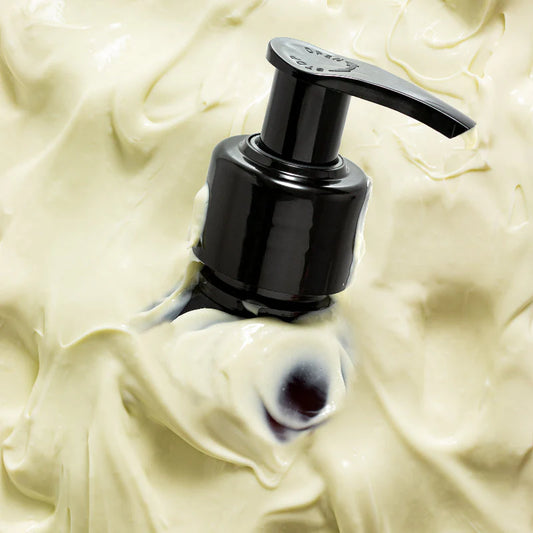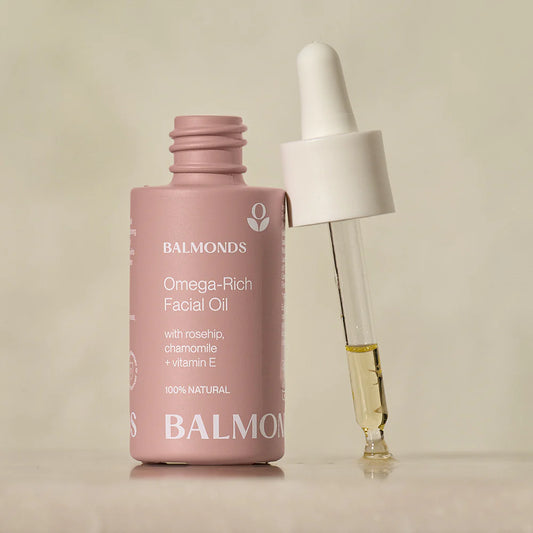
The Ultimate Winter Skincare Guide for Sensitive Skin
Share
Introduction
Sensitive skin can become dry, itchy, and irritated during the harsh winter months. During these colder months, natural skincare routines are crucial because they protect and nourish sensitive skin without triggering negative reactions. We'll look at professional advice, useful products, and doable routines in this guide to maintain healthy skin throughout the winter. Products for sensitive skin are available from companies like Soho Brands, guaranteeing comfort and attention throughout the cold months.
Table of Contents
- Understanding Sensitive Skin in Winter
- Common Winter Skin Issues
- Key Natural Ingredients for Winter Skincare
- Daily Winter Skincare Routine for Sensitive Skin
- Lifestyle Tips to Support Skin Health
- Key Takeaways
- FAQs
1. Understanding Sensitive Skin in Winter
Redness, dryness, and irritation are more common in sensitive skin. The skin's natural moisture barrier can be damaged by cold air, central heating, and severe winter winds. This time of year can cause flare-ups for people with rosacea or eczema.
Because natural skincare products steer clear of harsh chemicals, synthetic irritants, and fragrances that can worsen discomfort, they are especially helpful for sensitive skin in the winter. Your skin will stay calm, hydrated, and protected if you follow a gentle, nourishing routine.
2. Common Winter Skin Issues
A variety of skin issues can be brought on by winter, such as:
- Dryness and flakiness: Low humidity and cold temperatures dehydrate the skin. Sensitive skin reacts more strongly to changes in the weather, causing redness and irritation.
- Itching: Uncomfortable itching is frequently caused by dry skin.
- Cracks and Chapped Skin: Cracks may appear on the hands, elbows, and lips.
- Breakouts: Ironically, some people get more pimples because their dry skin causes their skin to produce more oil.
You can select the best wintertime routines and products by being aware of these concerns.
3. Key Natural Ingredients for Winter Skincare
When building a winter routine for sensitive skin, focus on natural, soothing, and hydrating ingredients. Some top choices include:
- Aloe Vera: Reduces redness and soothes irritation.
- Oat Extract: Protects and calms inflamed skin.
- Shea Butter: Deeply moisturises and repairs the skin barrier.
- Jojoba Oil: Mimics natural skin oils and locks in moisture.
- Honey: Hydrates and has antibacterial properties for gentle care.
- Chamomile Extract: Ideal for calming sensitivity and inflammation.
- Vitamin E: Supports skin repair and shields against environmental damage.
Avoid alcohol-heavy products, strong acids, or synthetic fragrances, as these can worsen sensitivity during winter.
4. Daily Winter Skincare Routine for Sensitive Skin
A structured winter skincare routine keeps sensitive skin healthy and comfortable. Here’s a step-by-step guide:
Morning Routine
- Gentle Cleanser: Use a mild, fragrance-free cleanser to avoid stripping natural oils.
- Hydrating Toner: Look for alcohol-free toners with aloe vera or rose water.
- Moisturiser: Apply a rich, nourishing moisturiser with natural oils like jojoba or shea butter.
- Sunscreen: Even in winter, UV protection is essential for sensitive skin.
Evening Routine
- Cleanser: Repeat morning cleansing to remove pollutants and makeup.
- Serum: Apply a soothing serum with ingredients like chamomile or vitamin E.
- Moisturiser: Use a thicker night cream for added hydration.
- Lip Balm & Hand Cream: Protect often-forgotten areas prone to dryness.
Weekly Treatments
- Exfoliation: Use gentle, natural exfoliants (like oatmeal or rice powder) once a week to remove dead skin.
- Face Masks: Hydrating masks with honey, avocado, or aloe vera help restore moisture.
- Consistency is key: Regular care prevents irritation, flakiness, and winter-triggered skin problems.
5. Lifestyle Tips to Support Skin Health
Your winter routine isn’t only about products. Daily habits play a significant role in maintaining sensitive skin:
- Humidifier: Adds moisture to dry indoor air.
- Hydration: Drink plenty of water to keep skin hydrated from the inside.
- Balanced Diet: Include omega-3 fatty acids, antioxidants, and vitamin-rich foods.
- Avoid Hot Showers: Hot water can strip natural oils; lukewarm water is gentler.
- Layer Clothing Carefully: Protect skin with scarves, gloves, and hats.
- Reduce Stress: Stress can trigger flare-ups in sensitive skin.
By combining these lifestyle habits with a natural skincare routine, your skin can thrive even during the harshest UK winters.
Key Takeaways
- Sensitive skin requires extra care in winter; natural skincare products are ideal for avoiding irritation.
- Focus on gentle, hydrating ingredients like aloe vera, shea butter, and chamomile.
- Consistent daily routines, along with weekly treatments, maintain moisture and protect the skin barrier.
- Lifestyle habits—hydration, nutrition, and avoiding harsh weather exposure—enhance skin health.
- Early prevention is better than repair: start a winter routine before severe dryness or irritation occurs.
Conclusion
Winter doesn’t have to be a season of dry, irritated skin. By adopting a natural winter skincare routine for sensitive skin, focusing on gentle and nourishing ingredients, and practising supportive lifestyle habits, your skin can remain calm, hydrated, and glowing all season long. Using trusted products from Soho Brands, which are specifically formulated for sensitive skin, helps protect the skin barrier and prevent dryness, redness, and irritation caused by cold UK weather.
With a proactive approach and high-quality Soho Brands natural skincare products, winter can become a season of comfort and radiance rather than dryness and irritation. Start your winter skincare routine early, maintain it diligently, and let your sensitive skin thrive naturally, even in the chilliest months in the UK.
Frequently Asked Questions
Can sensitive skin tolerate essential oils in winter?
Some essential oils may irritate sensitive skin. Stick to mild oils like jojoba or almond oil and patch-test any new product first.
How often should I moisturise during winter?
Sensitive skin often needs moisturising twice daily—morning and evening. Reapply on hands, lips, and dry areas as needed.
Are hot baths bad for sensitive skin in winter?
Yes, prolonged hot water exposure can strip oils and worsen dryness. Opt for lukewarm showers instead.
Can diet affect winter skin health?
Absolutely. Foods rich in omega-3, antioxidants, and vitamins A, C, and E help maintain hydration and protect sensitive skin.
When should I see a dermatologist?
If winter skin issues persist despite using natural, gentle products, or if irritation worsens, consult a dermatologist for personalised advice.










